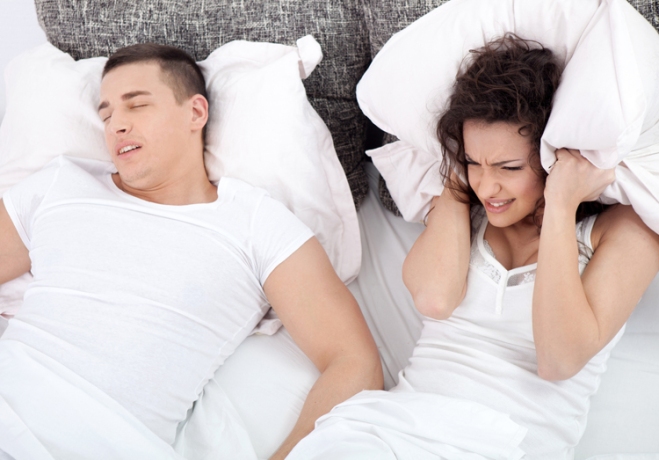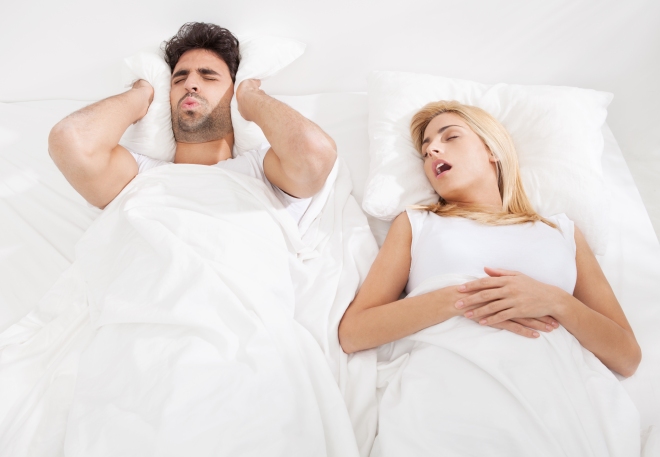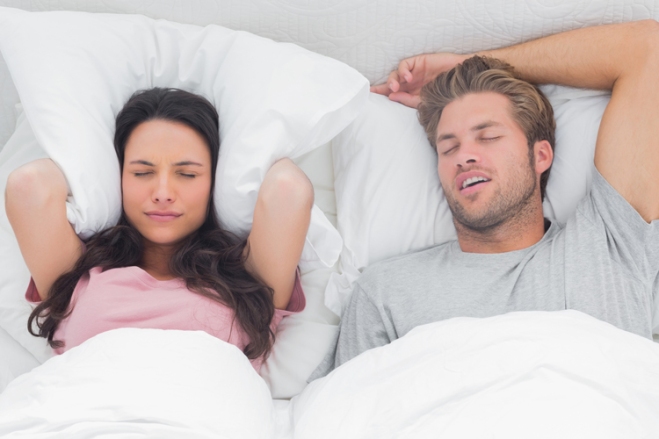
Here at our office, we find that many of our patients are surprised to hear that a dentist first identifies the majority of sleep apnea cases. While a formal diagnosis requires a sleep specialist, dentists may see several signs pointing to sleep apnea during routine exams. Normally, after a few questions to confirm the dentist’s suspicions, the dentist suggests the sleep disorder as a cause and refers the patient to a sleep specialist.
Our sleep apnea dentist in San Francisco has years of experience helping patients dealing with sleep apnea. He knows that it is a serious medical condition and urges our patients not to take the possibility of the illness lightly.
As is true with most disorders, sleep apnea responds best to treatment when it is still early in the course of the illness. Many people still think that sleep apnea is a problem with loud snoring. While snoring is a part of the equation, sleep apnea increases a patient’s risk of developing one or more serious chronic illnesses.
To help your awareness of the signs of sleep apnea, here are some of the early signs that you may have sleep apnea.
• Daytime sleepiness- Patients getting eight hours of sleep should not be continually sleepy. If you sleep a reasonable amount of time each night, and you are still sleepy during the day, sleep apnea may be the cause.
• Chronic, long-lasting headaches- If you experience headaches on a daily basis and you notice they are lasting longer than a normal headache, talk to our dentist.
• Choking and gasping for air during sleep
• Depression or agitation
• The need to urinate during sleep
• Restlessness
• The inability to focus, retain information, concentrate, or other learning-related problems
• Falling asleep during daily activities such as during class or while driving
If you have signs pointing to sleep apnea, do not hesitate to contact our office. Our dentist can check your symptoms and, if necessary, refer you to a sleep specialist for a formal diagnosis. You deserve to rest well, and we are here to help you enjoy sound sleep again.

 Sleeping disorders can invade multiple areas of your life and keep you from feeling your best. But what if you are unsure whether you have one? For disorders like sleep apnea, there are several indicators you or your partner may notice if you suffer from poor quality sleep.
Sleeping disorders can invade multiple areas of your life and keep you from feeling your best. But what if you are unsure whether you have one? For disorders like sleep apnea, there are several indicators you or your partner may notice if you suffer from poor quality sleep.
 Many patients are unaware that there are two different types of
Many patients are unaware that there are two different types of